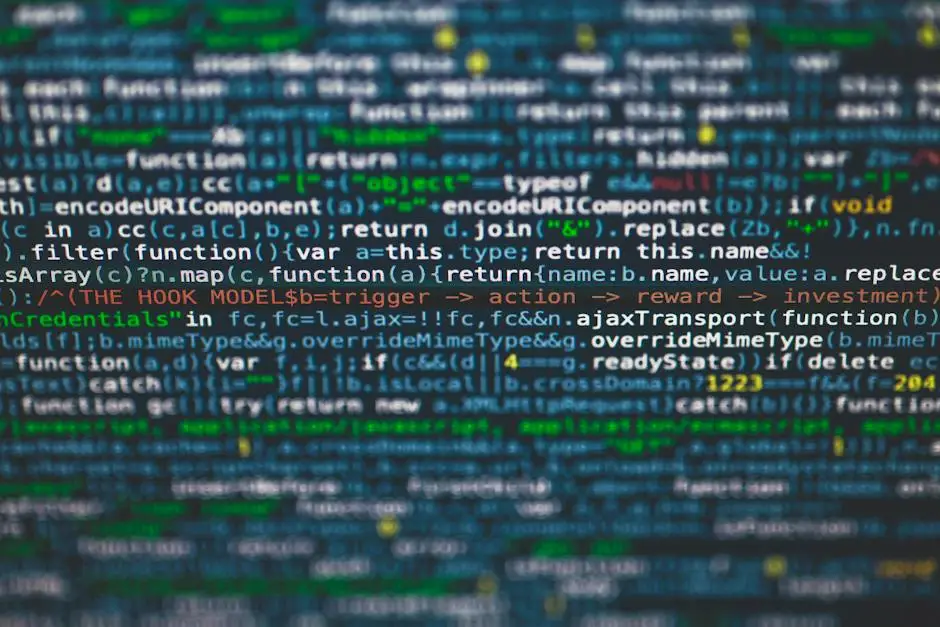Artificial Intelligence (AI) has become a prevalent and transformative technology in today’s society. From self-driving cars to personalized digital assistants, AI is revolutionizing the way we live and work. This article will explore the impact of AI on various industries and its role in shaping the future.
One of the most significant impacts of AI is its ability to automate tasks that were once performed by humans. This has led to increased efficiency and productivity in industries such as manufacturing, healthcare, and finance. For example, AI-powered robots are now capable of performing complex surgeries with precision and accuracy, reducing the margin of error and improving patient outcomes.
In addition to automation, AI has also revolutionized the way we interact with technology. Virtual assistants like Siri, Alexa, and Google Assistant use AI algorithms to understand and respond to human language, making our daily tasks more convenient and efficient. Furthermore, AI has enabled the development of personalized recommendations and predictive analysis in areas such as e-commerce, entertainment, and marketing, enhancing the overall customer experience.
The impact of AI is not limited to just individual industries. It has the potential to shape the future of work, education, and even ethical considerations. As AI continues to advance, there are concerns about its impact on employment and the need for reskilling the workforce. Additionally, ethical considerations such as data privacy, bias in AI algorithms, and the use of AI in warfare are important topics that require careful consideration and regulation.
In conclusion, Artificial Intelligence is a powerful technology that is already reshaping the way we live and work. Its impact spans across various industries, transforming the nature of tasks, interactions, and even societal considerations. As AI continues to evolve, it is essential for society to adapt and embrace the opportunities and challenges that come with this transformative technology.




